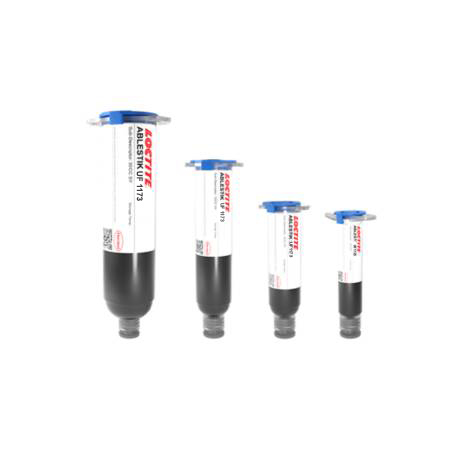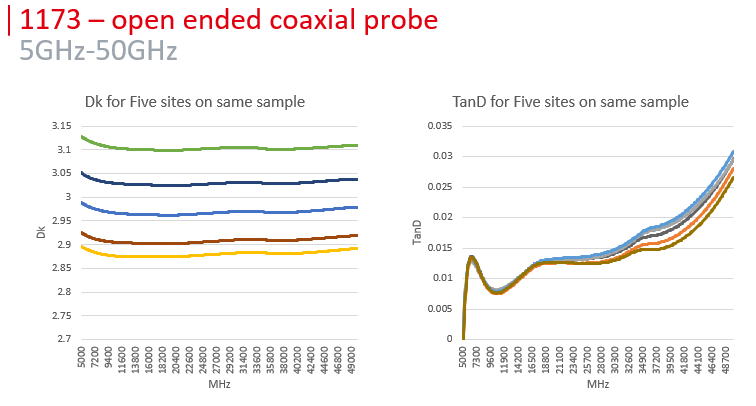LOCTITE ECCOBOND UF 1173
- One component
- Low CTE
- Automotive grade
Product Description
LOCTITE® ECCOBOND UF 1173 is designed to provide a uniform and void-free encapsulant underfill, maximizing the device's temperature cycling capability, distributing stress away from solder connects thus enhancing solder joint reliability in CSP and BGA packages for Automotive applications.
LOCTITE® ECCOBOND UF 1173 is a one-component underfill that can be jet or needle dispensed, flows fast in and around tight interspaces and cures quickly to form void-free interconnect protection from shock, drop and vibration. Importantly, the novel underfill exhibits high glass transition (Tg) temperature capability of 155°C and a low coefficient of thermal expansion (CTE) to ensure robust protection performance even under stressful conditions.
LOCTITE® ECCOBOND UF 1173 material has been formulated without any reportable REACH SVHCs (current to June 2018) and the product is not CMR classified.
Cure Schedule
- 5 minutes @ 150°C
Technical Specifications
| General Properties | |||||||
| |||||||
| Pot Life Pot Life Pot life is the amount of time it takes for the viscosity of a material to double (or quadruple for lower viscosity materials) in room temperature after a material is mixed. It is closely related to work life but it is not application dependent, less precise and more of a general indication of how fast a system is going to cure. | 48 hours | ||||||
| |||||||
| Physical Properties | |||||||
| Viscosity Viscosity Viscosity is a measurement of a fluid’s resistance to flow. Viscosity is commonly measured in centiPoise (cP). One cP is defined as the viscosity of water and all other viscosities are derived from this base. MPa is another common unit with a 1:1 conversion to cP. A product like honey would have a much higher viscosity -around 10,000 cPs- compared to water. As a result, honey would flow much slower out of a tipped glass than water would. The viscosity of a material can be decreased with an increase in temperature in order to better suit an application | 7,5 mPa.s | ||||||
| Mechanical Properties | |||||||
| |||||||
| Thermal Properties | |||||||
| |||||||
| Glass Transition Temperature (Tg) Glass Transition Temperature (Tg) The glass transition temperature for organic adhesives is a temperature region where the polymers change from glassy and brittle to soft and rubbery. Increasing the temperature further continues the softening process as the viscosity drops too. Temperatures between the glass transition temperature and below the decomposition point of the adhesive are the best region for bonding. The glass-transition temperature Tg of a material characterizes the range of temperatures over which this glass transition occurs. | 160 °C | ||||||
| Thermal Conductivity Thermal Conductivity Thermal conductivity describes the ability of a material to conduct heat. It is required by power packages in order to dissipate heat and maintain stable electrical performance. Thermal conductivity units are [W/(m K)] in the SI system and [Btu/(hr ft °F)] in the Imperial system. | 0.55 W/m.K | ||||||





